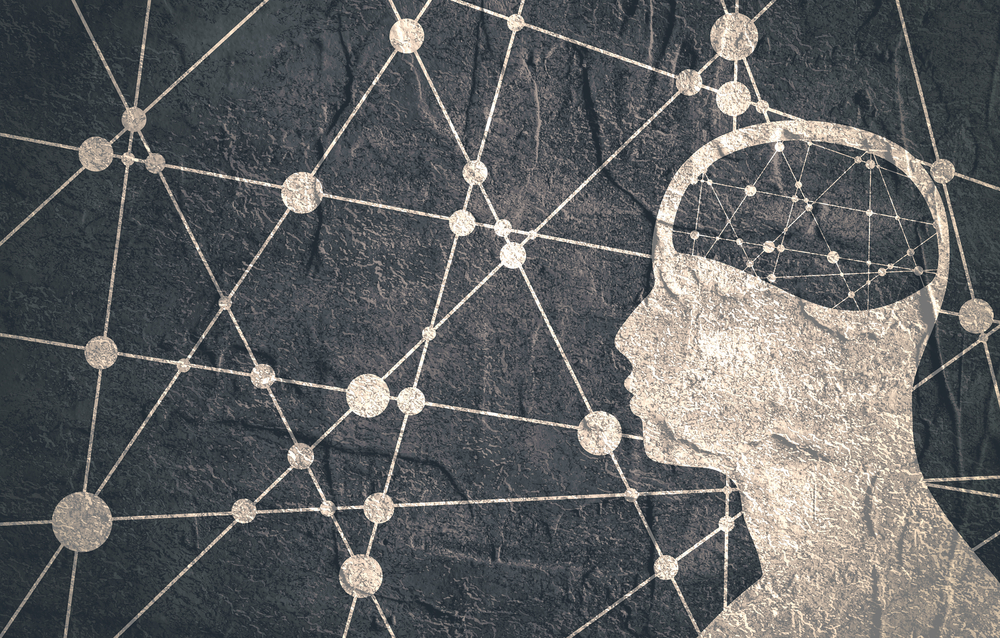<p>Mental illnesses have been dismissed for centuries, perhaps from the very first patient who presented himself as feeling sick, but was unable to show physical symptoms of a disease. When we think of a disease, we immediately assume it means a deviation from regular bodily functioning. When there is no definitive physiological disruption, there is present to be no disease. Thus a cough will turn heads and raise concerns far more than a person losing the will to go on.</p>
<p>Mental illnesses are real, and mental health is important. Yet it’s not always easy to pinpoint the problem. We can lay the patient on the exam table for hours and still not be able to ascribe specific malfunctions or quantify their pain. Mental health is complex; it cannot be reduced to objective measurements, since it’s a state of mental being.</p>
<p>When an illness is difficult to describe or measure, it is also difficult to know how to treat it effectively. If depression is a feeling of deep unhappiness, will it improve if you simply figure out a way to feel happier?</p>
<p>The answer to this question is still up for debate; some people believe that only the person suffering from depression can take charge of his or her life and feel better, while others believe that this condition requires serious medical attention. The fact of the matter is that no one other than the depressed person is fully aware of what’s going on. For this reason, it’s important for people to take charge of their own well-being.</p>
<p>Eiman Al Zaabi, author of <em>The Art of Surrender</em>, struggled with postpartum depression for an astounding seven years. She once felt she was drowning in immense sadness and hopelessness. Was Eiman’s mental health within her control? She certainly took charge of her own well-being.</p>
<p>Eiman took a different approach than the usual methods. She started down a path of self-discovery. She came to see the world as far more than its materialistic pleasures. She sought to understand her self, her soul, and the proper role of the ego. Along the way, she discovered that surrender was the key to healing even joy. Eiman’s journey to cure her mental illness and regain her steady mental health involved spirituality. Yours can, too.</p>
<p>Living happily requires us to let go of whatever it is that gives us pain. Sometimes we’re holding on tight to something we should have let go of long ago. To find contentment, we must explore a world outside of the one we are currently in. This involves taking better care of ourselves physically, mentally, emotionally, socially, spiritually. It might involve taking up satisfying new hobbies or rekindling old friendships—essentially giving ourselves the gift of something other than self-doubt and misery. Of course, it’s not as easy as it sounds; if the cure to depression were simple, people wouldn’t be traumatized because of it.</p>
<p>Eiman was able to find herself amidst all of her sadness. She was able to establish a relationship with the Creator of all there is. She escaped the trap of her worries and fears by surrendering to the Divine. She stopped looking for happiness at the materialistic level, and instead looked at the deeper meaning in the world. She brought her soul, self, and ego in harmony, creating a perfect symphony that she shares with the world in her book.</p>

Is Your Mental Health Within Your Control?
